Arts and Humanities
Explore Arts and Humanities
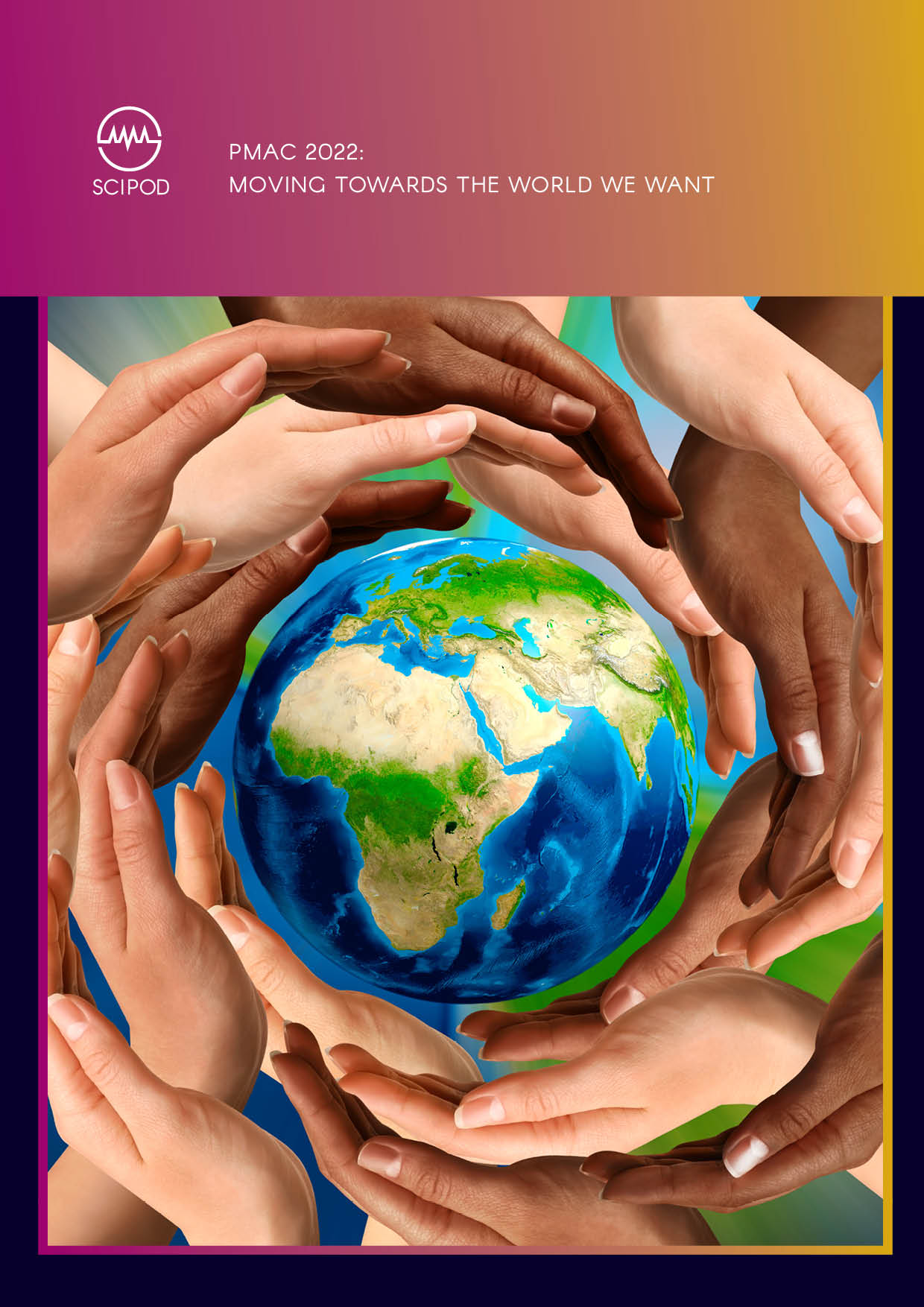
The 2022 Prince Mahidol Award Conference: Building the World We Want
Humanity is facing many challenges, ranging from COVID-19 to climate change, and from natural resource depletion to social inequity. The Prince Mahidol Award Conference is an annual event held in Bangkok, where leaders and experts meet to discuss global challenges. This year, the theme was ‘The World We Want: Actions Towards a Sustainable, Fairer and Healthier Society’.
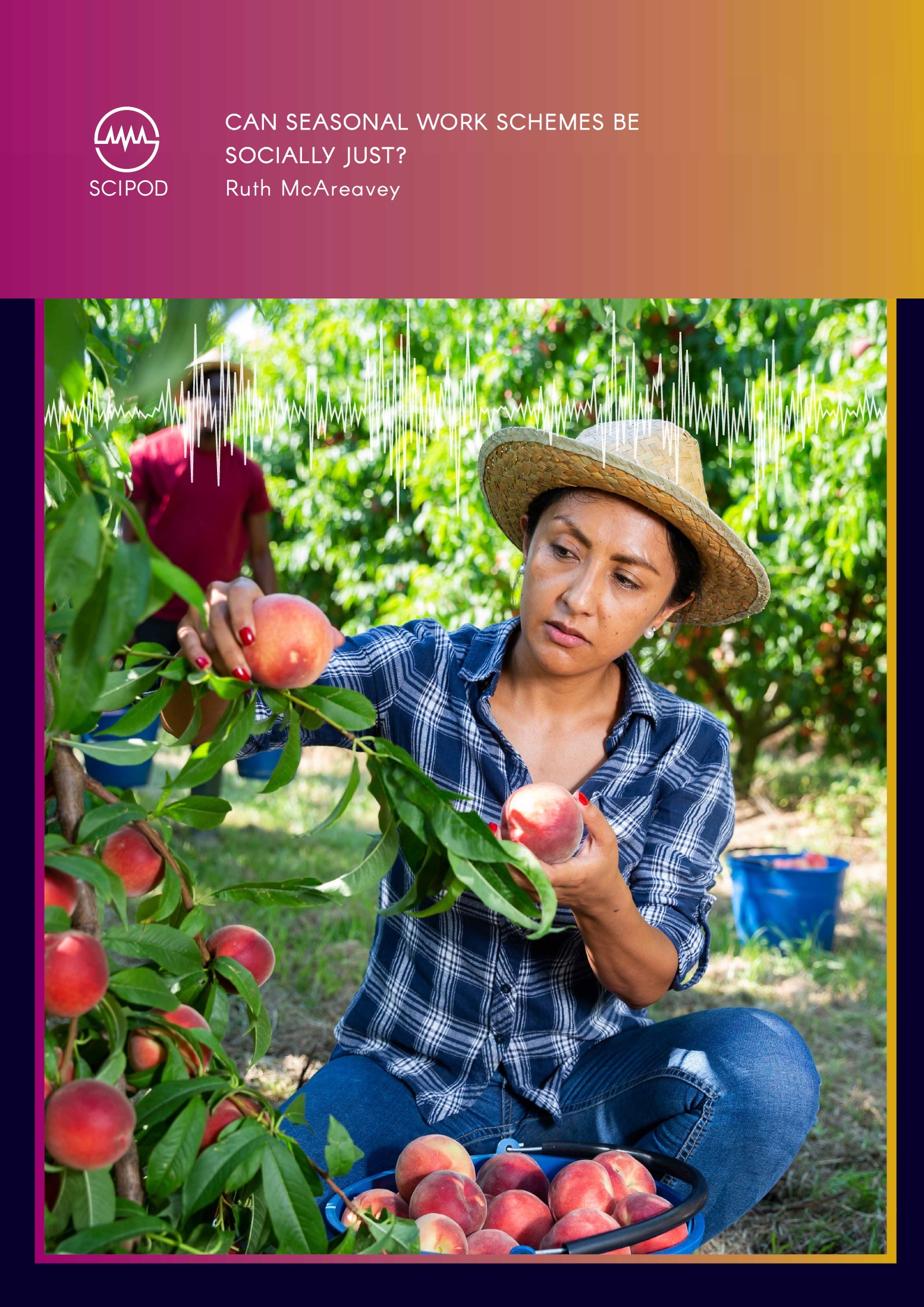
Can Seasonal Work Schemes Be Socially Just? | Ruth McAreavey
Seasonal workers often fill temporary positions that are poorly paid and commonly deemed undesirable by residents. While seasonal work schemes can benefit both employers and the local economy, they often fuel the uneven economic participation and marginalisation of migrants. Professor Ruth McAreavey of Newcastle University recently published a paper outlining issues that should be addressed if seasonal worker schemes are to achieve social justice.

Han Han and Fredrik Mørk Røkenes – Investigating The Benefits Of The ‘Flipped Classroom’ In Teacher Training
The ‘flipped classroom’ is an innovative educational approach that emphasises active learning, with the aim of increasing student engagement and academic performance. While educators in numerous disciplines have recently started experimenting with this approach, there is still a lack of solid research assessing its effectiveness in the field of teacher education. To fill this gap, Han Han and Fredrik Mørk Røkenes of the Norwegian University of Science and Technology have recently examined a multitude of studies focusing on flipped classroom approaches in teacher training environments.

PMAC 2022: Moving Towards the World We Want
The Prince Mahidol Award Conference (PMAC) is an annual event held in Bangkok, at which humanitarian leaders and experts in various disciplines meet to discuss global challenges, including health crises and climate change. This year, the conference ran from the 25th to the 29th of January, featuring seven sessions with international speakers. The theme of PMAC 2022 was ‘The World We Want: Actions Towards a Sustainable, Fairer and Healthier Society’. This article highlights some of the main global issues and megatrends discussed at the conference.
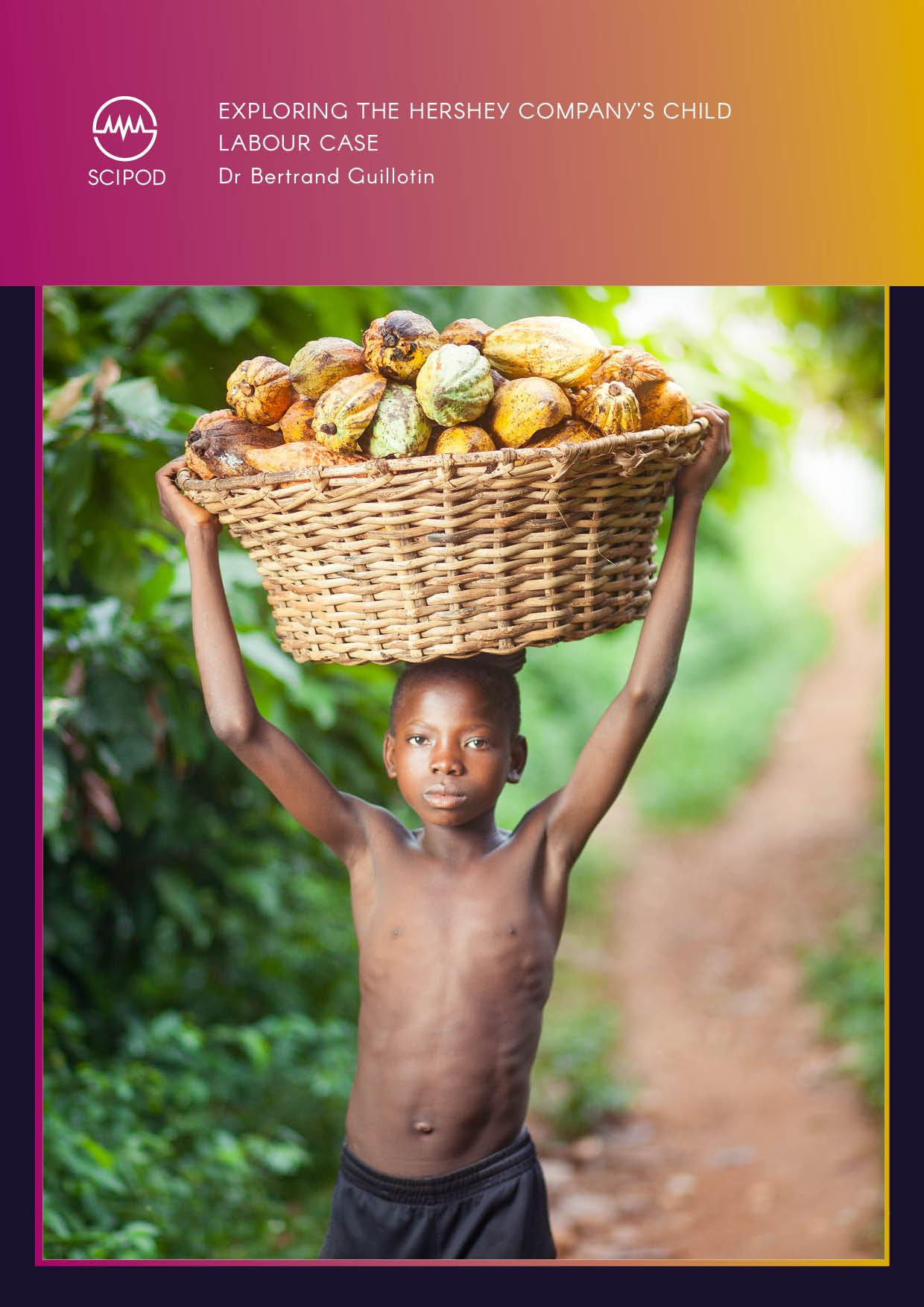
Exploring the Hershey Company’s Child Labour Case | Dr Bertrand Guillotin
The Hershey Company, one of the largest chocolate manufacturers in the world, produces and distributes millions of sweet treats every year. In 2019, an article on the Washington Post accused the company of failing to uproot child labour from its cocoa supply chain. Dr Bertrand Guillotin, an Associate Professor at Temple University’s Fox School of Business, recently published a case study that closely explores these child labour allegations against the Hershey Company.
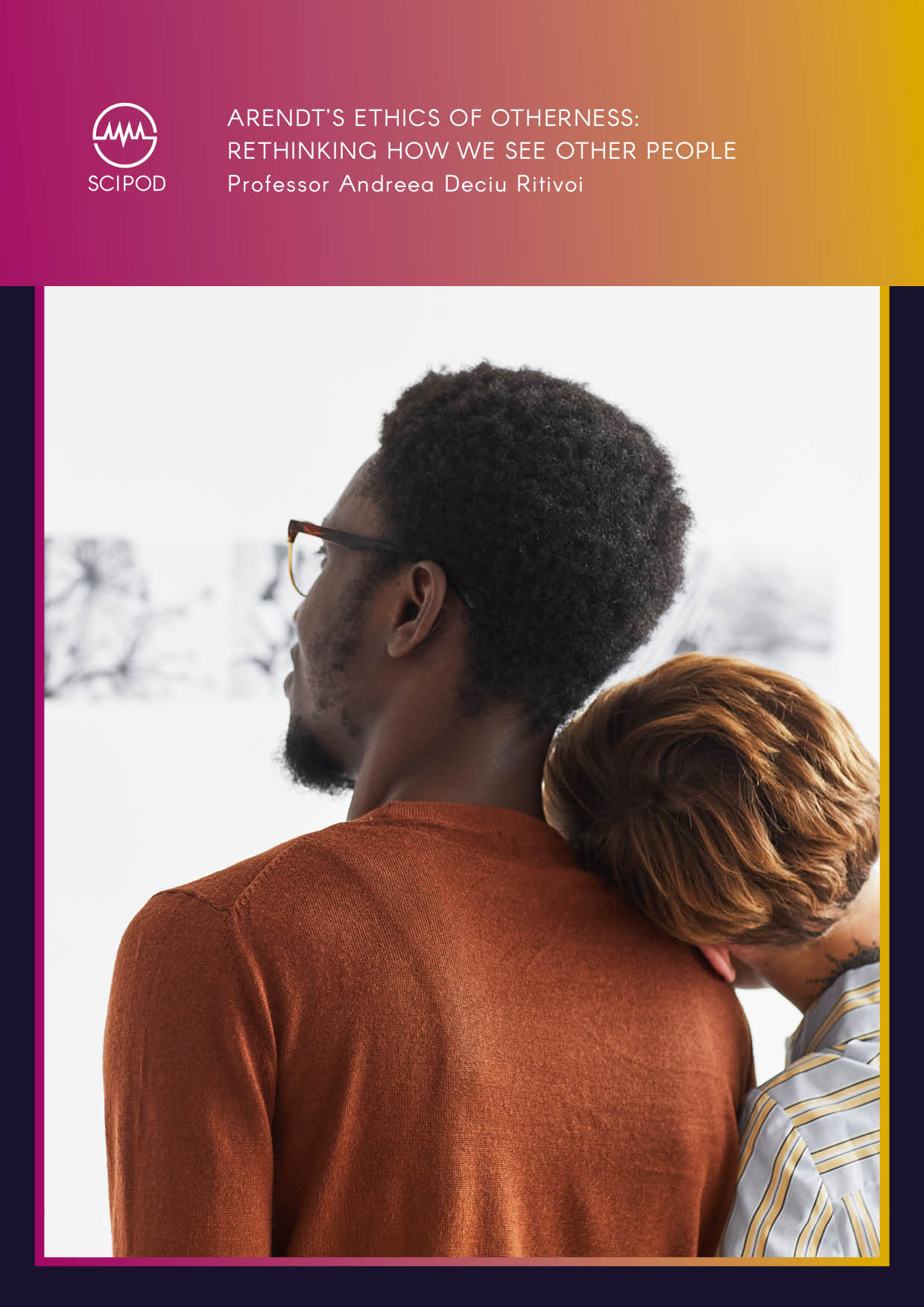
Arendt’s Ethics of Otherness: Rethinking How We See Other People | Professor Andreea Deciu
The 20th Century philosopher Hannah Arendt grounded ethics in aesthetics because she viewed art as a way of understanding how the world appears to different people. In her recent work, Professor Andreea Deciu [day-chew] Ritivoi [ree-tee-voy] of Carnegie Mellon University highlights Arendt’s rich repertoire of literary writings, as she believes that they deserve to be considered alongside other popular ethical works. Professor Ritivoi shows how Arendt’s unique contribution identifies the obstacles facing ‘human togetherness’, so that we can find ways to overcome them.
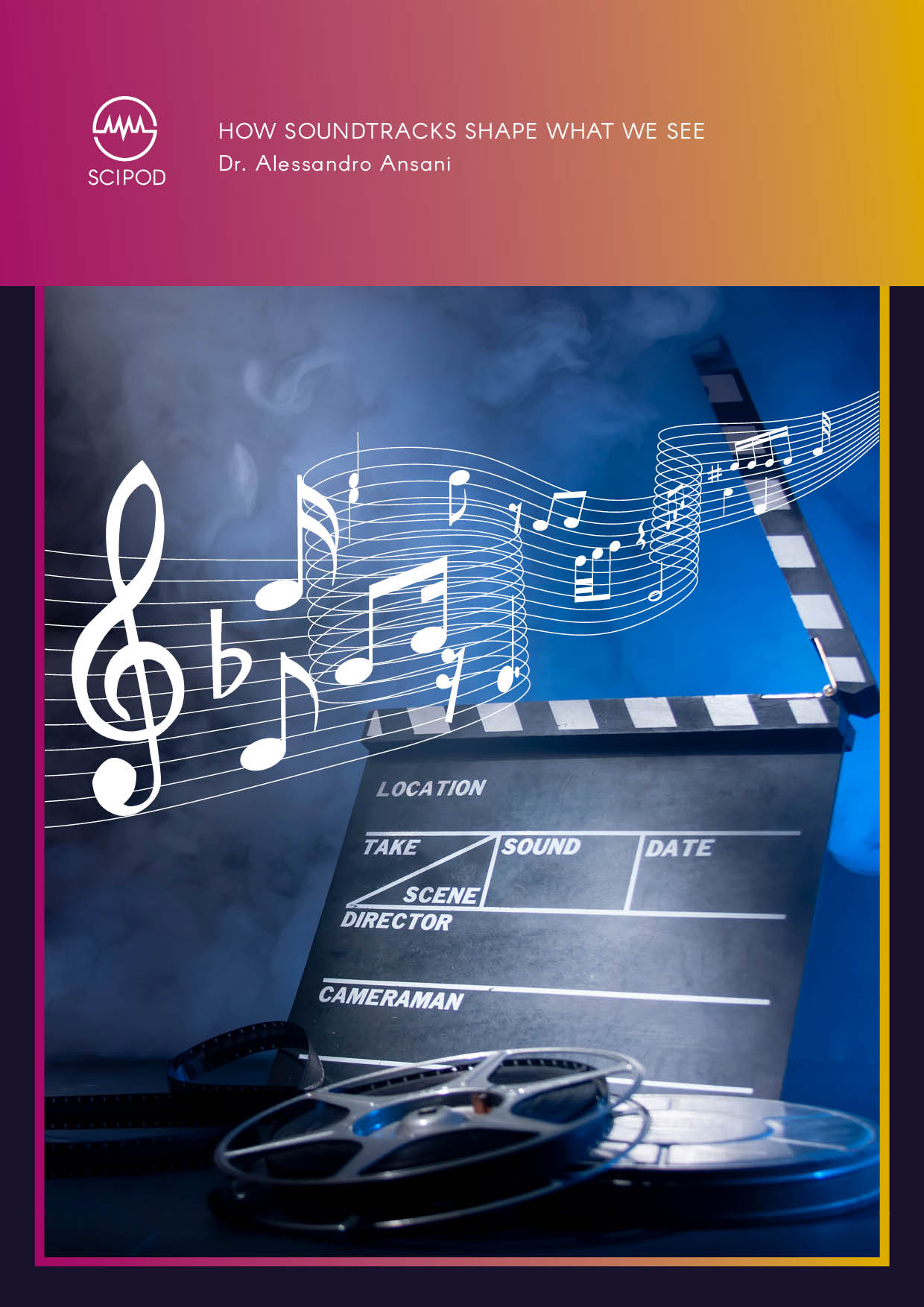
How Soundtracks Shape What We See | Dr. Alessandro Ansani
Music has the power to influence how we interpret the world around us. Dr. Alessandro Ansani from the Department of Psychology at Sapienza University of Rome believes this interpretation is multidimensional and involves several interconnected cognitive factors and mechanisms. He has recently demonstrated the significant impact that background music can have on our interpretation of a simple movie scene, by manipulating the soundtrack.
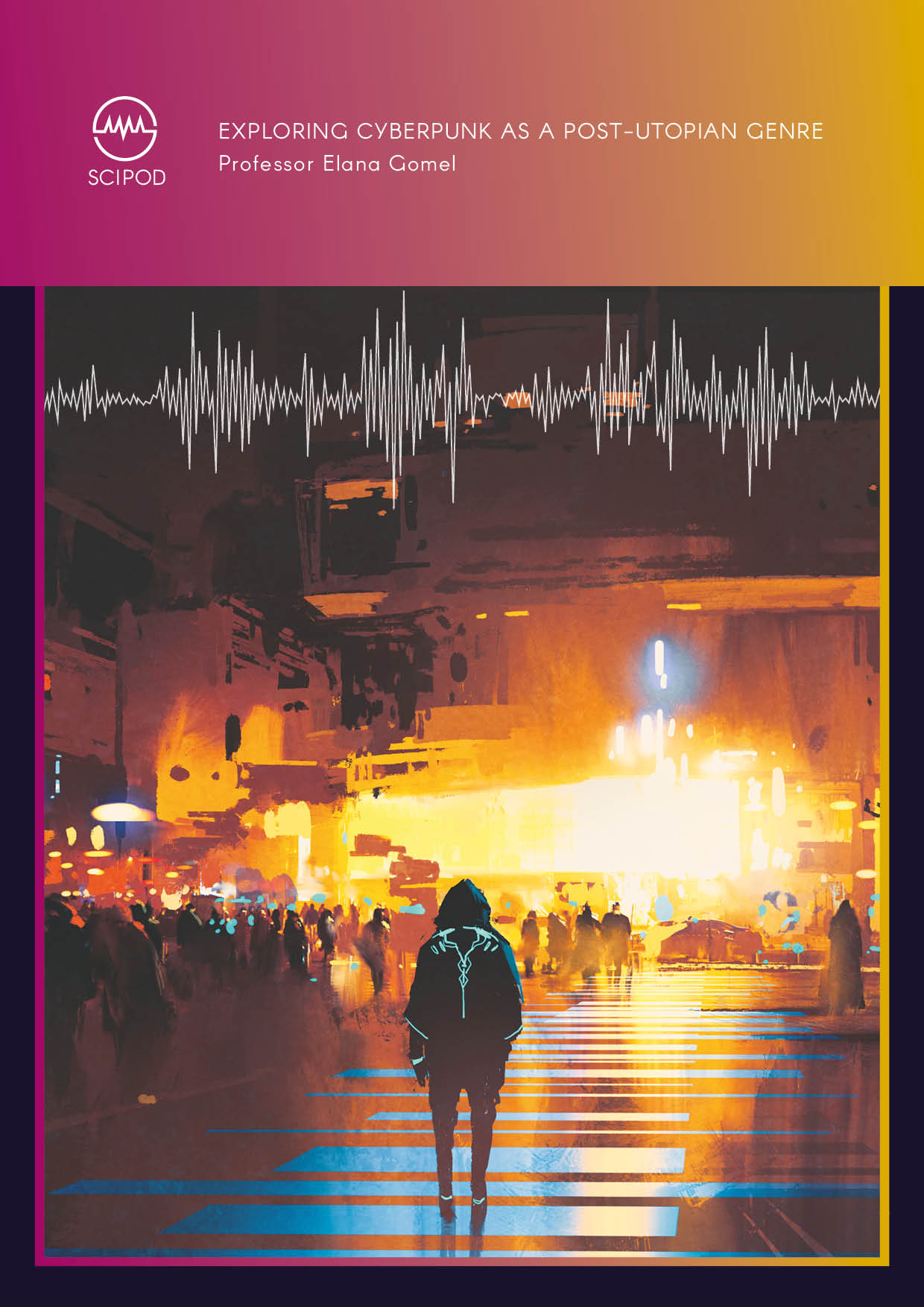
Exploring Cyberpunk as a Post-Utopian Genre | Professor Elana Gomel
Cyberpunk brings to mind neon lights, artificial intelligence and mega corporations. It is a subgenre of science fiction set in a dystopian, futuristic, and oppressive setting, with advanced technology often featured alongside societal decay. Professor Elana Gomel [ee-lah-nah go-mell] in the Department of English and American Studies at Tel-Aviv University in Israel specialises in narrative theory with a particular focus on the intersection between literature and science. In her recent work focusing on the cyberpunk genre, Professor Elana Gomel argues that cyberpunk is not a dystopian modality of representation; rather, it is better classified as ‘post-utopian’.
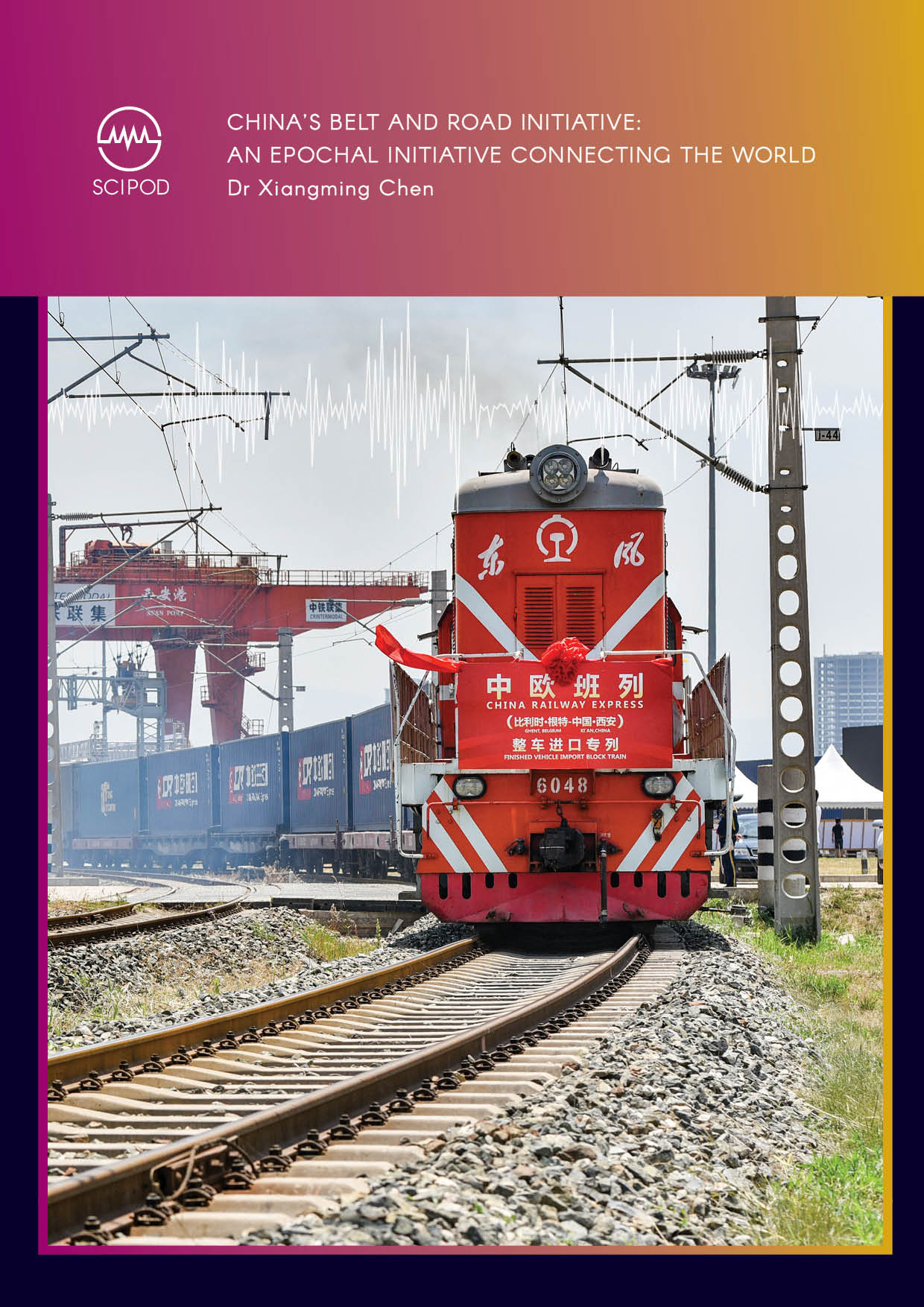
China’s Belt and Road Initiative: An Epochal Initiative Connecting the World – Professor Xiangming Chen, Trinity College
SciPod · China’s Belt And Road Initiative: An Epochal Initiative Connecting The WorldOriginal Article Reference This SciPod is a summary of:...
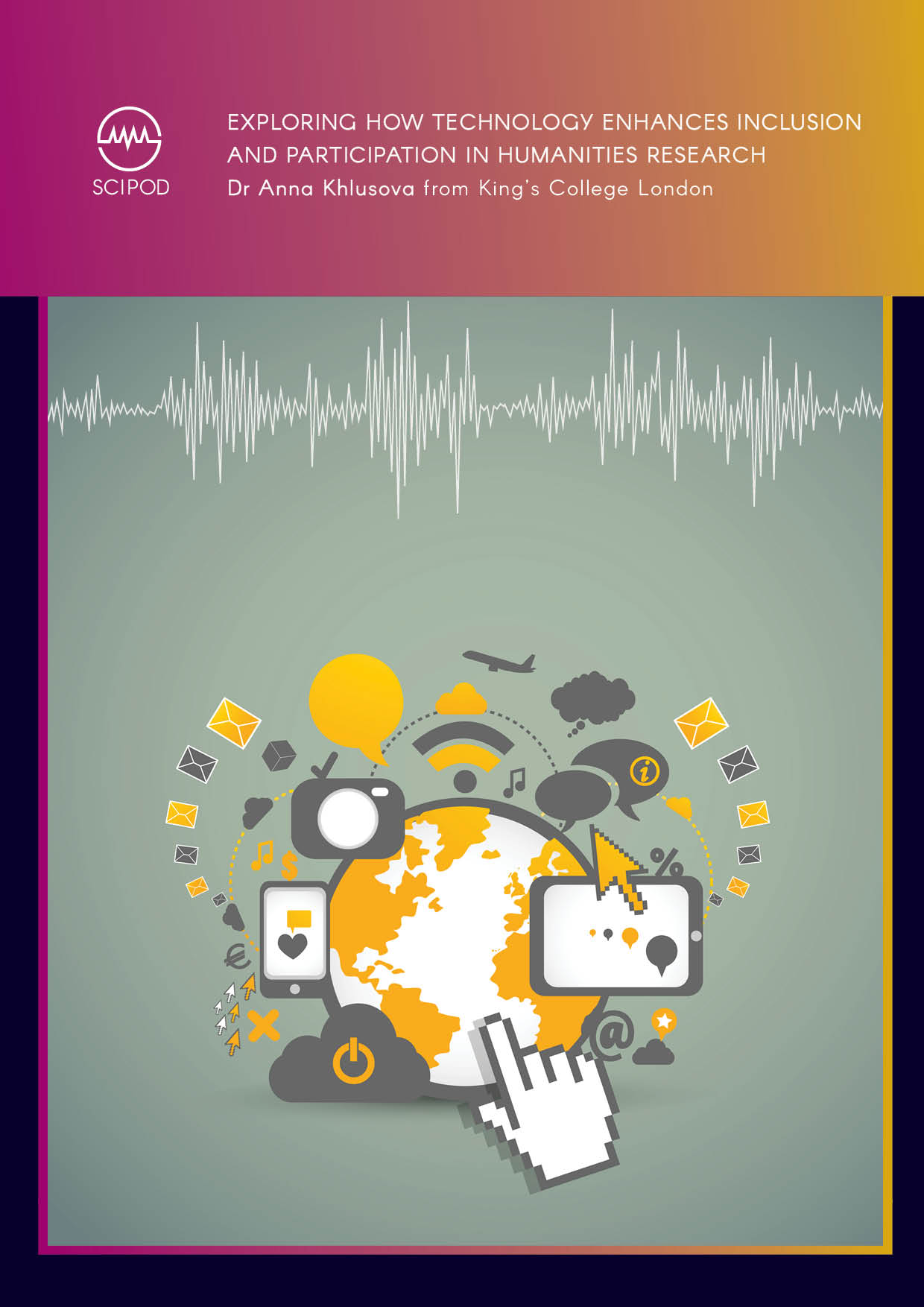
Exploring How Technology Enhances Inclusion and Participation in Humanities Research – Dr Anna Khlusova, Kings College London
SciPod · Exploring How Technology Enhances Inclusion and Participation in Humanities ResearchIn Collaboration with Original Article Reference This SciPod is a summary...
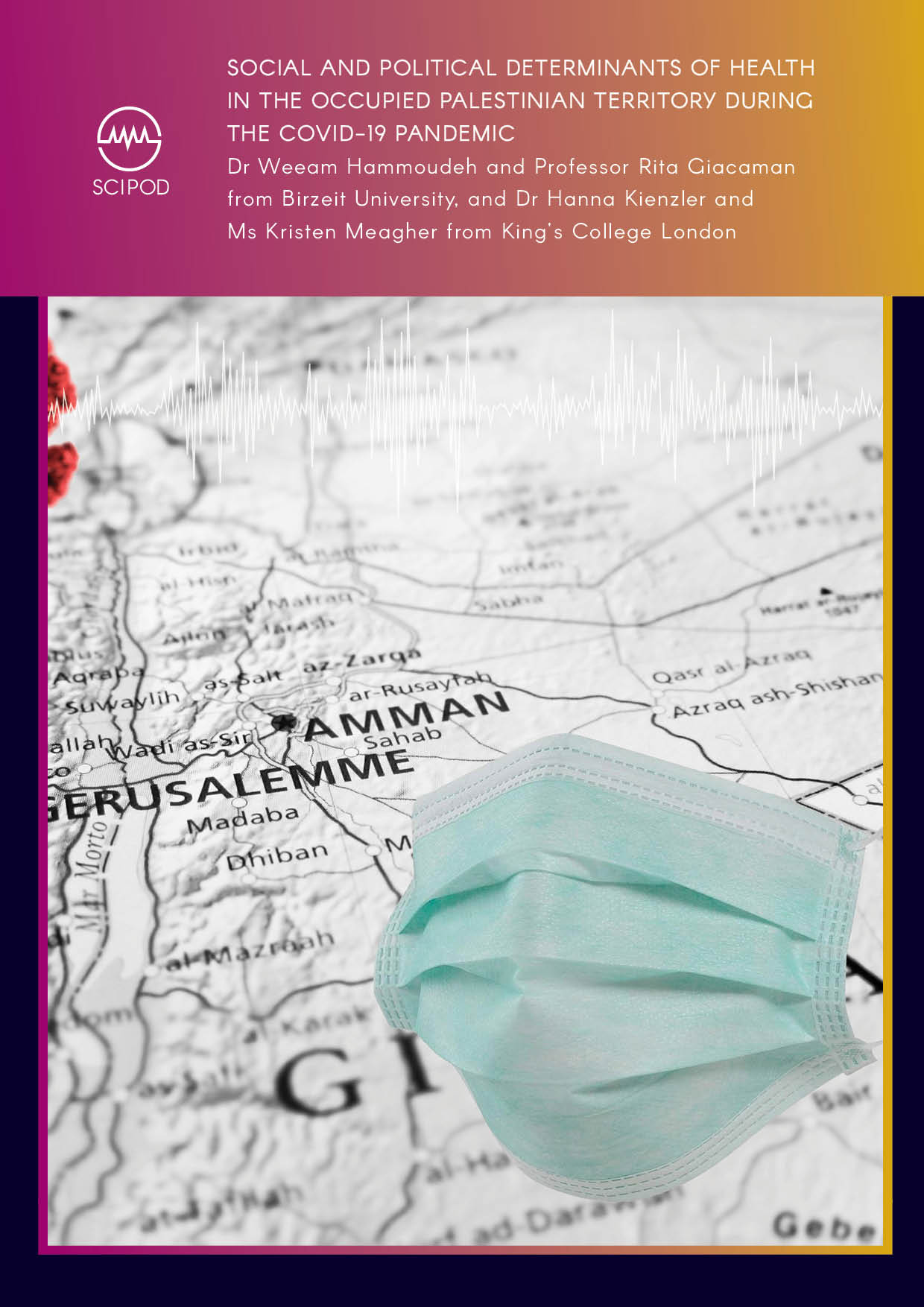
Social and Political Determinants of Health in the Occupied Palestinian Territory During the COVID-19 Pandemic
SciPod · Social And Political Determinants Of Health In The Occupied Palestinian Territory During COVID - 19In Collaboration with Original Article Reference This SciPod...
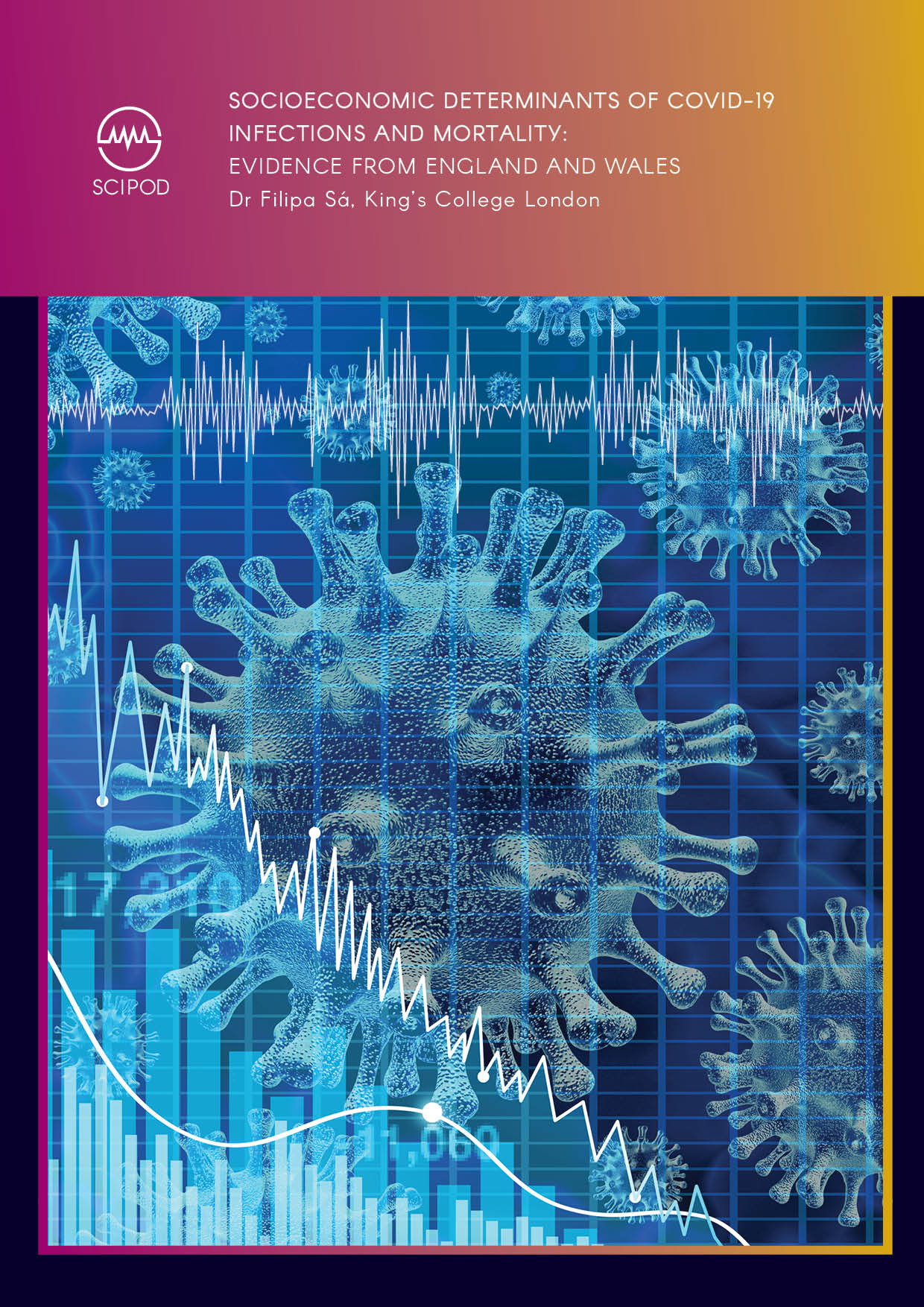
Socioeconomic Determinants of Covid-19 Infections and Mortality: Evidence from England and Wales
SciPod · Socioeconomic Determinants Of Covid-19 Infections And Mortality: Evidence From England And WalesIn Collaboration with Original Article Reference This SciPod is...

Professor Bernd Schlipphak – Professor Oliver Treib – Dr. Constantin Schäfer | How citizens’ identities shape their support for international organizations
Research by Professors Bernd Schlipphak and Oliver Treib, both of the University of Münster, along with Doctor Constantin Schäfer of ifok GmbH, Germany, reveals how people’s sense of global identity influences their support for international organizations. Their work demonstrates that reforms to international organizations can have opposing effects on different groups of citizens, potentially increasing societal divisions about global cooperation.

Professor Shanshan Yan | Heritage Language Learners Show Unique Advantages in Chinese Language Processing
Learning a new language as an adult is challenging, especially when the new language has features that differ significantly from one’s native tongue. This phenomenon is key to a new study led by Professor Shanshan Yan at Peking University, which examines how language learning is affected when learners encounter features in their second language that are similar to those in their first language.

Nicolas Teyssandier | Unravelling the Middle-to-Upper Paleolithic Transition in Europe
The transition from the Middle to Upper Paleolithic in Europe marks a pivotal period in human evolution, with the replacement of Neanderthals by anatomically modern humans. A new study by Nicolas Teyssandier, Director of Research at the French National Center for Scientific Research (CNRS) and vice director of the TRACES laboratory at the Toulouse Jean Jaurès University examines the archaeological evidence for this transition and attempts to reconcile it with recent discoveries, shedding new light on this complex period of cultural and biological change.

Professor Richard M. Eaton | Rethinking Cultural Exchange in India in the Persianate Age, 1000-1765
In his book India in the Persianate Age, historian Professor Richard M. Eaton of the University of Arizona challenges long-held assumptions about India’s history from 1000 to ca. 1800 CE. By examining the complex interactions between Persian and Sanskrit cultural spheres, Eaton offers a fresh perspective on this pivotal period, shedding light on the dynamic processes of cultural exchange and integration that shaped the subcontinent.
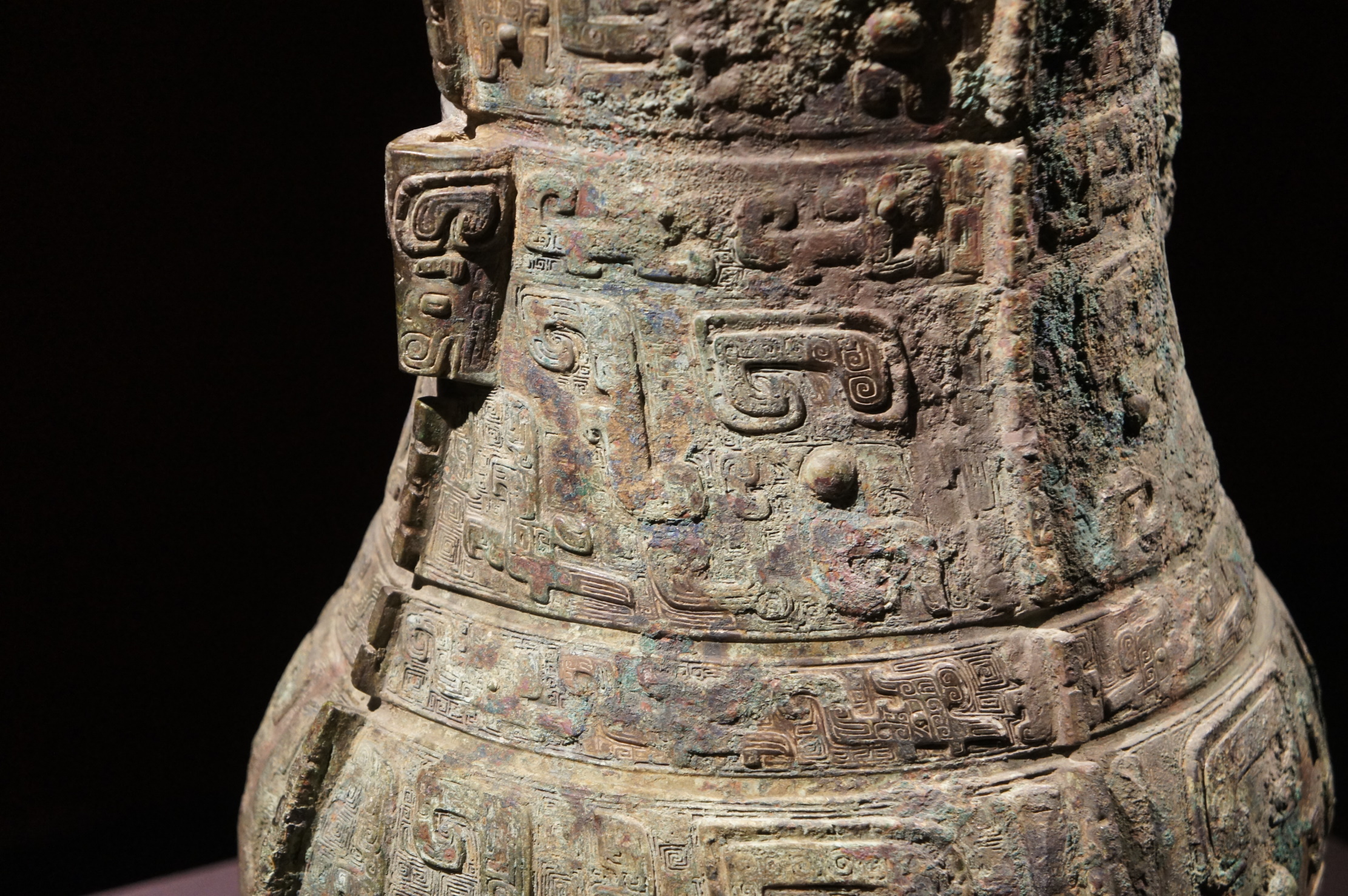
Assistant Professor Wen Yin (Elaine) Cheng | Bronze Casting Moulds Reveal Late Shang Dynasty Craftsmanship
Bronze vessel casting technology in ancient China’s Shang Dynasty has long been of interest to archaeologists. Assistant Professor Wen Yin (Elaine) Cheng at Wilfrid Laurier University has shed new light on the knowledge and organisation of artisans who made these pieces. By analysing bronze vessel casting moulds, she has uncovered intricate production sequences that offer fresh insights into the social dynamics of this ancient civilization beyond the elite class typically depicted in historical records.
